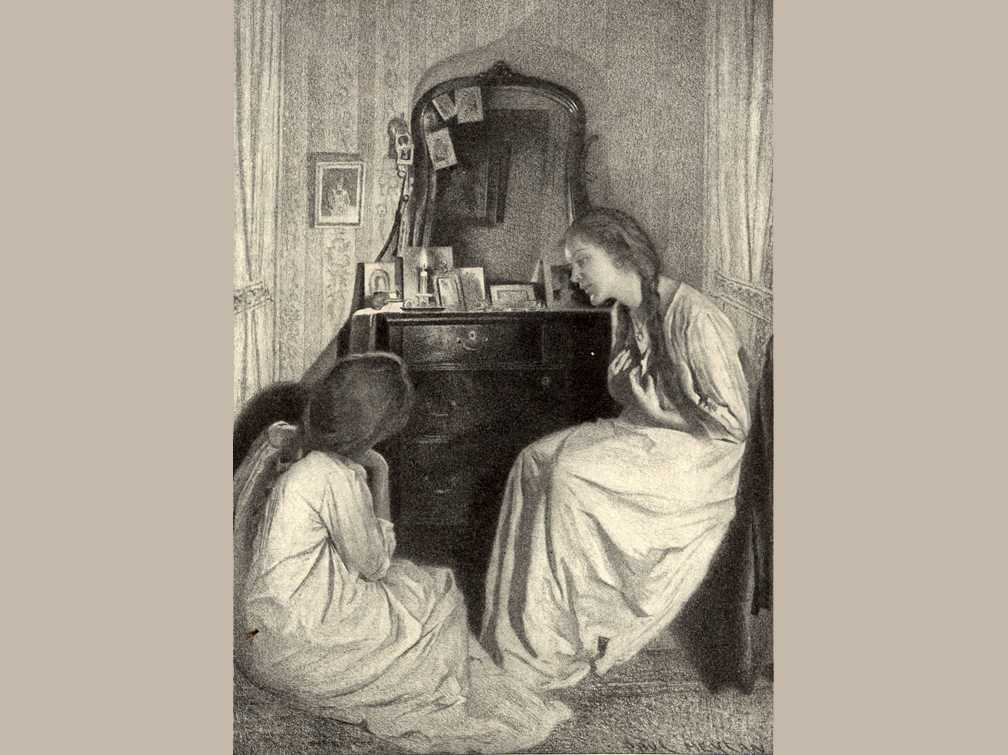From Willa Cather: Stories, Poems, & Other Writings

Willa Cather wrote 12 novels, 60 stories, and dozens of essays and newspaper articles. She is partly remembered for many of the strong women characters she created: Alexandra Bergson in O Pioneers!, Ántonia Shimerda in My Ántonia, Thea Kronborg in The Song of the Lark. Yet, in her fiction, she often adopted a male point of view—and she often found herself defending her choice, which was unusual for a woman novelist at the time. When asked during an interview about Niel, the narrator of A Lost Lady, she answered, “He isn’t a character at all; he is just a peephole into that world. I am amused when people tell me he is a lovely character, when in reality he is only a point of view.”
“One of the people who interested me most as a child was the Bohemian hired girl of one of our neighbors, who was so good to me,” she explained when a reporter mentioned My Ántonia and its narrator, Jim Burden. “Then, I noticed that much of what I knew about Annie came from the talks I had with young men. She had a fascination for them, and they used to be with her whenever they could. They had to manage it on the sly, because she was only a hired girl. But they respected and admired her, and she meant a good deal to some of them. So I decided to make my observer a young man.”
“I did not for one minute try to ‘talk like a man,’” she wrote to one reader who had criticized her choice of narrator. “Such a thing as humbugging any one never occurred to me. It does not matter who tells a story. It is merely a point of view, a position which the writer takes in regard to his material; just as a painter must first decide what his position is to be in regard to whatever he is going to sketch.”
Sarah Orne Jewett, shortly before her death in 1909, kindly suggested to Cather that one of her stories could have been written from a woman’s point of view—and might have been more interesting for it. Cather deeply admired Jewett and regarded her as a mentor, and their exchange of letters may well have been the inspiration to write “The Joy of Nelly Deane,” the first story she wrote after Jewett’s death and one of Cather’s handful of works narrated from a woman’s point of view. You can read it at our Story of the Week site, along with an introduction describing Cather’s brief friendship with Sarah Orne Jewett.



